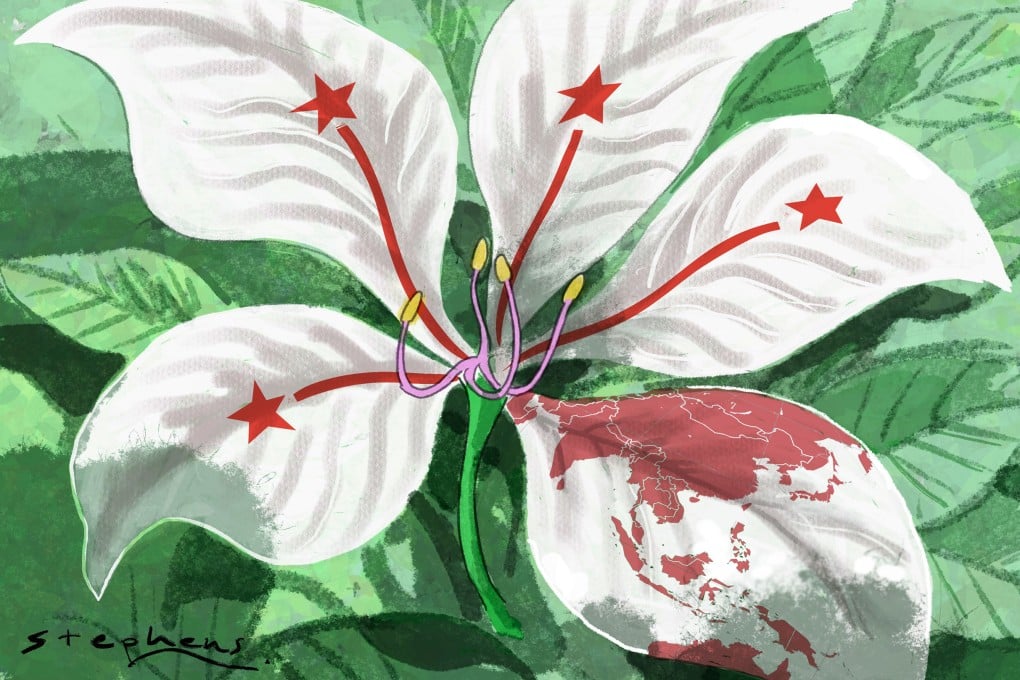Advertisement
Opinion | Three changes Hong Kong must make to reap the rewards of the Asian century
- To seize the opportunities presented by its unique regional and global position, Hong Kong must improve its Asian literacy, think imaginatively about how it can reach out to developing countries and shed the inward-looking trend among some Hongkongers
Reading Time:4 minutes
Why you can trust SCMP
2

The Asian century is here. Containing roughly 60 per cent of the world’s population and contributing more than 42 per cent in purchasing power parity terms to global gross domestic product, Asia is well positioned to lead the 21st century as the focal point of economic and technological growth. As author Parag Khanna noted, the future is Asian.
Yet the differences among Asian nations and cultures mean Asia’s rise will not herald the dominance of a single ideology or power. Malaysian Prime Minister Anwar Ibrahim and Singaporean Prime Minister Lee Hsien Loong’s respective visits to Beijing are signs of growing commercial and strategic interconnectivity between China and Southeast Asia. The latter was among the fastest-growing regions in the world last year.
Elsewhere, India’s balancing act between friendship with the West, its long-standing ties with Russia and deepening influence over the subcontinent has shown a vision of diplomacy that is unambiguously independent. India and Indonesia are developing increasing global salience as prominent regional powers.
Saudi Arabia and Iran rekindling diplomatic ties reflects Chinese efforts as well as the two nations’ own determination to shift away from long-standing regional tensions that have deterred investment and deepening of ties with mutual partners.
Asia is diverse and at times economically and strategically conflictual. If Hong Kong is to fully seize the opportunities afforded to us by Asia, we must undertake three fundamental transformations.
First, we must seek to improve our Asian literacy. This matters not only in the linguistic sense but also in terms of the cultural, economic and developmental needs of different Asian countries.
Advertisement
.png?itok=bcjjKRme&v=1692256346)